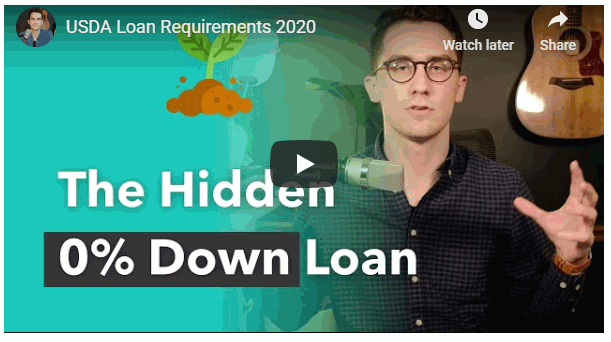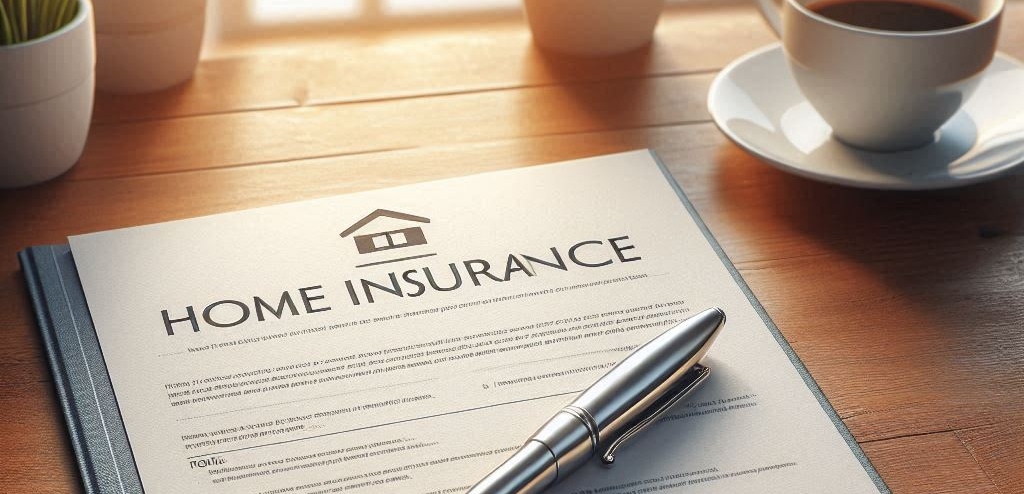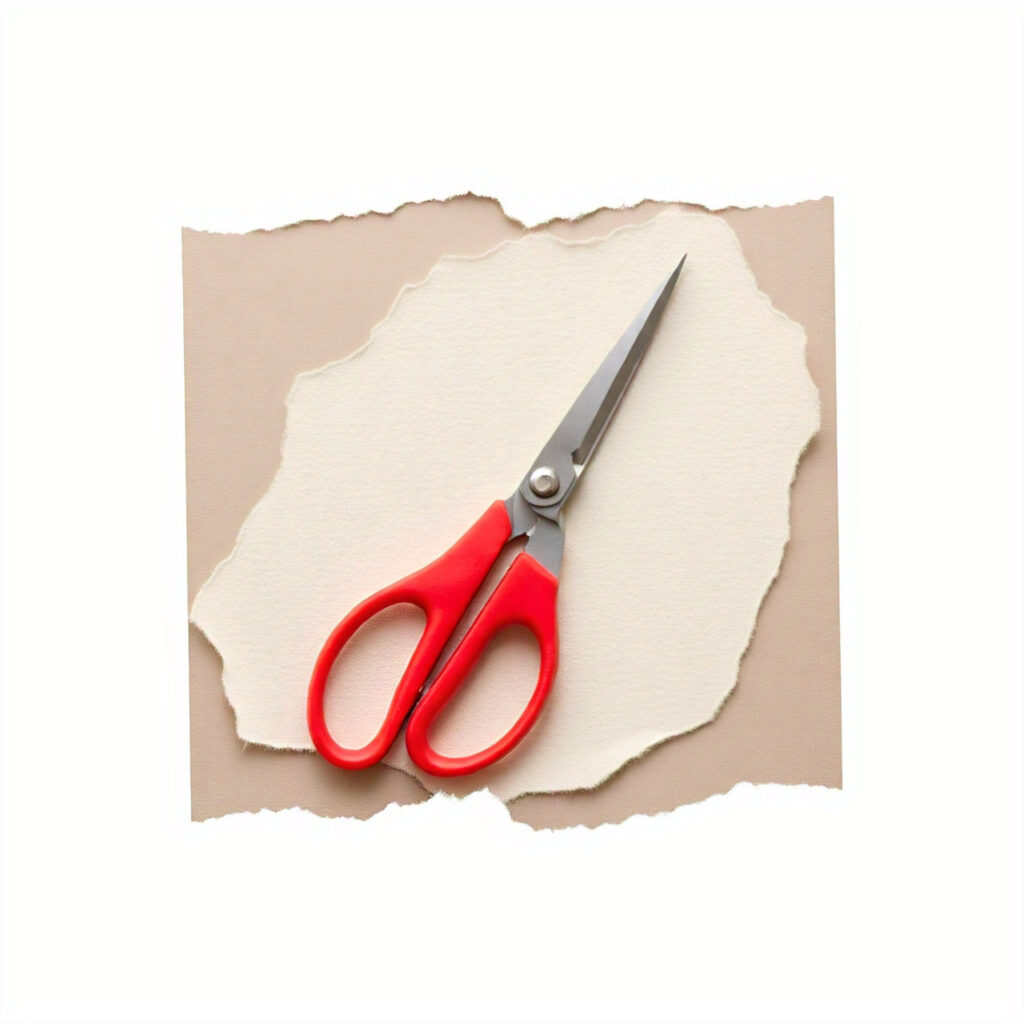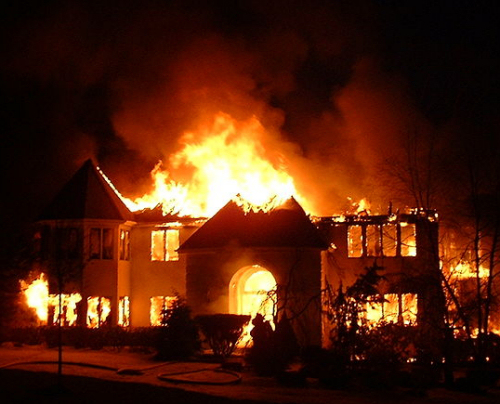Most people dream of owning their own homes at some point. However, it is a huge financial commitment, the biggest one of most people’s lives.
Maybe you’re even at the point where you think you’re ready to buy. There are a few ways you can tell if the time is right for you. Here’s a look at four of them.
Do You Have a Down Payment?
The cost of getting into single family homes is significantly higher than the cost of getting into a rental of any sort. Sure, you may have to pay first month’s rent plus a deposit. The cost of this may even be a couple of thousand dollars. However, the cost of the down payment for a home is significantly higher, usually 20% at least. To put that into perspective, that’s $30,000 down on a $150,000 house.
There is a loophole, however. The government offers several subsidized loans some of which can offer reduced or even zero down-payments. Most of these programs require that you live in the house (not rent it out). The lowest downpayment of these programs (if you qualify) are: USDA loans – (0% down) and VA loans – (0% down).
The U.S. Department of Agriculture (USDA) offers a 100% financing mortgage for rural and (less populated) suburban homes. USDA mortgage rates are often lower than for comparable, low- or no-down-payment mortgages and can include money for eligible home repairs and improvements in the loan.
VA loans are available to active duty and honorably discharged service personnel. Bad credit doesn’t disqualify you and there is no mortgage insurance required.
Other government loan programs include:
- FHA loans – (3.5% down) – actually just guaranteed by FHA, only requires a 500 credit score, and downpayment can be of “gift funds”.
- The HomeReady™ Mortgage – (3% down)- Backed by Fannie Mae it is available from most U.S. lenders, offers below-market mortgage rates, and reduced mortgage insurance costs.
- Conventional loan 97 – (3% down) – The Conventional 97 program is available from Fannie Mae and Freddie Mac and can be cheaper than FHA loans.
Are You Handy?
One of the true advantages of renting is that you are not responsible for most repairs. Sure, your landlord may ask you to shovel your own driveway, but the big repairs, like the broken water heater or the sagging roof, aren’t your responsibility to fix. You need to be handy to own your own home, or you need to be able to pay someone to do the repairs if you can’t. Either way, the buck stops with you not your landlord once you own a home.
Rent vs. Mortgage Costs
Can you truly afford the cost of your mortgage? While your actual house payment may cost you less than your rent does, there are a lot of hidden costs that add up when you own a house. Most financial experts suggest that people keep an emergency fund to take care of home costs. You’ll also have to pay property taxes and homeowners’ insurance. Taken together, these costs may end up being more than what your rent costs you now.
Your Credit Is Top Notch
Most people can’t buy a home if they don’t have excellent credit. Ideally, your credit is at least 640. If it’s not, you may not be able to get into a home, or if you can, you’ll pay a much higher interest rate. If you have a low credit score, however, that doesn’t mean you’re out of options. If you know someone who has a high credit score who would be willing to cosign the loan with you, you may still get a lower interest rate. However, it’s important that you repay that cosigner by being regular with your mortgage payments so that their help doesn’t end up costing them their own credit.
Owning your own home is a point of pride, but it comes with more responsibility than renting does. If you cannot reasonably check off all the boxes on the list above, you may want to put off buying a home until a better time. While this will be disappointing initially, you’ll be glad you took this approach in the long run because you’ll be in a better position to handle everything that comes with homeownership.
You might also like:




